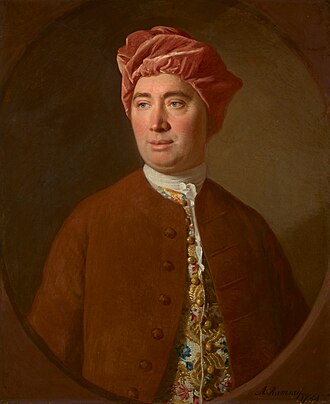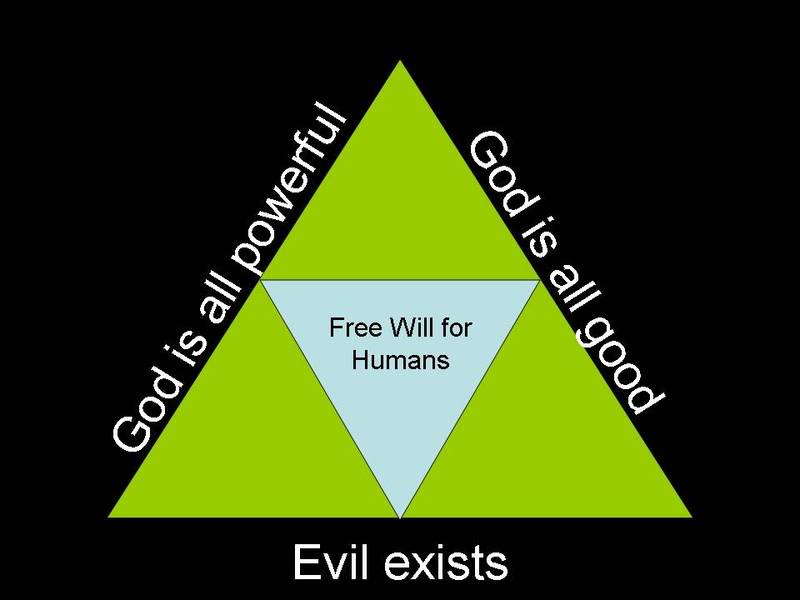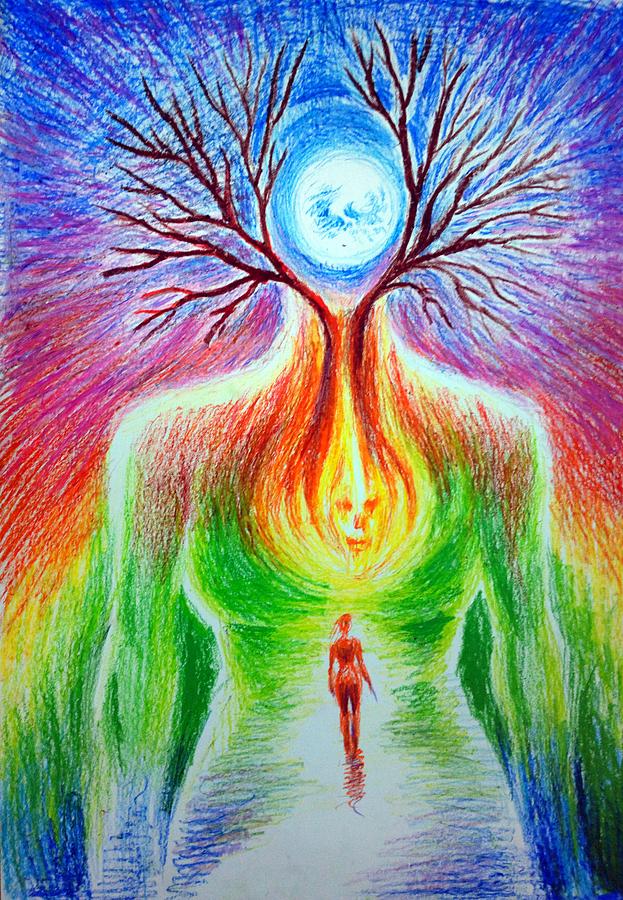FROM EVIL TO SOUL-MAKING
EVIL IN GENERAL
Evil is an undeniable fact in the world. The etymological meaning of the old English word evil given by various dictionaries is somewhat the same. The word can be used as an adjective and a noun give the following meanings; a force that causes bad things to happen, enjoying harming others; morally bad and cruel, something that harms or hurt, and contrary to divine or righteous law. “The problem of evil concerns whether the existence of an all-powerful, all-knowing, perfectly good creator is rendered unlikely given the horrendous evil that afflict the world.” It was first formulated by Epicurus and the unanswered question can be seen in Hume’s book Dialogue Concerning Natural Religion as “is he willing to prevent evil, but notable? Then, is he impotent? Is he able, but not willing? Then, is he malevolent? Is he both able and willing? Whence then is evil?” In the historical evolution of the problem, religious side comes with dualistic understanding and monotheistic religion rejected dualistic understanding as an opposing power. And in the ancient period understanding of evil comes with the change, subjective, freewill of souls. In the medieval period, St. Augustine came with maxim evil as the privation of goodness. In the modern period evil is the result of movements, lack of knowledge, our choice, and limiting of God.
 |
 |
Evil can be classified into three. They are; moral evil that we human beings originate: cruel, unjust, vicious and perverse thoughts and needs. Natural evil originate independently of human action: in disease bacilli, earthquakes, storms, drought, tornadoes etc. Metaphysical evil refers to the basic fact of finitude and limitation within the created universe.
TWO RESPONSES
The main response to the problem of evil was given by two early fathers St. Augustine and Irenaeus. Augustine stated that evil comes from the freedom and it cannot be attributed to the creator. There is no evil in itself but only aspect of reality. The Genesis narrative of creation is the backbone of his understanding. Evil is the change from the higher manifestation to a lower manifestation. On the other hand Irenaeus had two key terms like ‘image’ and ‘likeness’. We are created only in the ‘image’ of God and we have to reach the ‘likeness’ of God. ‘The fall’ slowed down the process to reach the ‘likeness’. Imperfect world will help us to be in the likeness of God, through the process of soul making. Human cooperation is needed in order to reach the ‘likeness’ of God and that is why God had given us freedom.
Creation of a being that cannot freely choose wrong and right is self-contradiction therefore the divine omnipotence does not come under this. If man is able to make personal relation with his Maker, then he must be gifted with an uncontrollable freedom. Moral freedom distinguish person from non-person. When a man is free to choose right and wrong, he himself must be the agent of moral responsibility with the power of moral choice. If we are not given freedom then there will be no chance of going wrong.
Man emerges out of apedom with only weak and elementary notion of his Creator, as free and responsible agent in relation to the Creator by presupposed epistemological conditions. God Himself presupposes a distance and degree of freedom on man’s part. To reach Him a relative autonomy is given to humans. Only from this distance only human can voluntary reach God. The epistemic distance is looking for human autonomy. Creator God is oblique by creation. He is knowable only by man’s personal response which “veiling Him to ensure man’s freedom and revealing Him to men as they rightly exercise that freedom.”
Human freedom in basic nature is shown in the creation myth.
With this imagery, Revelation teaches that the power to decide what is good and what is evil does not belong to man, but to God alone. The man is certainly free, inasmuch as he can understand and accept God’s commands. And he possesses an extremely far-reaching freedom, since he can eat “of every tree of the garden”. But his freedom is not unlimited: it must halt before the “tree of the knowledge of good and evil”, for it is called to accept the moral law given by God. In fact, human freedom finds its authentic and complete fulfilment precisely in the acceptance of that law. God, who alone is good, knows perfectly what is good for man, and by virtue of his very love proposes this good to man in the commandments.
This is not an angelic dwelling to him; he is in the world, where God visit occasionally. Some say man is created with an epistemic distance. When man was created, he was not aware of the direct consciousness of God. The cognitively free relation to his Maker, man in his world of autonomy and the awareness is not forced, this is mythological fall. Our present life in the earth is the aftermath of the fall. There is a distance in about the goal of God for man is not due to the fall but he had not reached goal yet. Evil arose not from outside as a fully developed form but from some factors that are inherited in God given situation of man. The rational nature of exploration in him stirred up him to challenge to master it from his own right. When “he becomes immersed in nature and alienated from God. This basic separation, from which self-alienation and alienation from his fellows inevitably follow.” The original loss of perfection is represented as loss of Paradise. Now we have to understand myth as only myth to understand the context. Now we have a clear notion of the emergence of man in this world. Man is related more to nature than God. Nature was his very first object of knowledge and interest and “he can become conscious of God’s presence in and beyond this only in so far as he is willing to know himself as subordinate to a personal Mind and Will infinitely superior to himself in worth as well as in power.” He was not fallen from an earlier state of holiness, but he was made as a creature able to attain the holiness. The responsibilities of divine and human function upon different levels and are not equally irreconcilable.
SOUL MAKING
The world is to be considered as a place of soul-making; and we cannot find a place for soul-making in a stable pleasure-seeking paradise. Man is created not in a finished state, the finite perfect being fulfilling the God’s intention in human level of existence and failed in it and the process of creation of man is still. Irenaeus expressed the distinction between two words image and likeness of God. As stated by personal and moral being exist only in the image of God but not yet achieved the likeness of God. By likeness he points some more valuable qualities in personal life that we can see finitely in God. Man, as the image of God is alone a basic stuff for God’s complex artistic work. The likeness is found in the person of Christ. The shift from image to likeness, is an evolution from different level of existence to other (animal-eternal).
Homo sapiens are the aftereffect of continued evolutionary activity and he accomplished the state of God’s child by bit-by-bit spiritualization. There are two stages for creative process. In the initial stage, by the creative power of God universe came into existence and years later organic life started, out of this came the personal life and when man had appropriately emerged out of the change of the forms of amoebic life, a creature had been fabricated who has the achievability of absolute in aware relationship with God. Second stage cannot be done alone with the divine omnipotence as such. The character of personal life is self-directing and free. “It cannot be perfected by divine fiat, but only through the uncompelled response and willing co-operation of human individuals in their action and reaction in the world in which God has placed him.” Man is not created as a readymade perfect human. Using the responsible choice to a richer and more valuable sense, we can attain goodness, is made with moral effort of person and soul making is justified by Creator. “God willed to leave man in the power of his own counsel, so that he would seek his Creator of his own accord and would freely arrive at full and blessed perfection by cleaving to God.” Man is becoming the perfect being, whom God wished to create and therefore soul making is developmental and teleological.
CONCLUSION
Only in an imperfect world soul making is possible and moral development will take place. Otherwise we will always choose right. Therefore soul making is an occasion to give good reason for the suffering in the imperfect world. “Evil is simply good that is immature or misdirected. It has no power of its own; it has only the power that our minds allow it.” Without evil we cannot understand the true divinity of God. Relative understanding of things will come to a conclusion that they are not separate. “However, the good news is that no matter how terrible a situation seems to be, there is always good in it, because there is always God in it, for God is everywhere and all is in God.”



Post a Comment